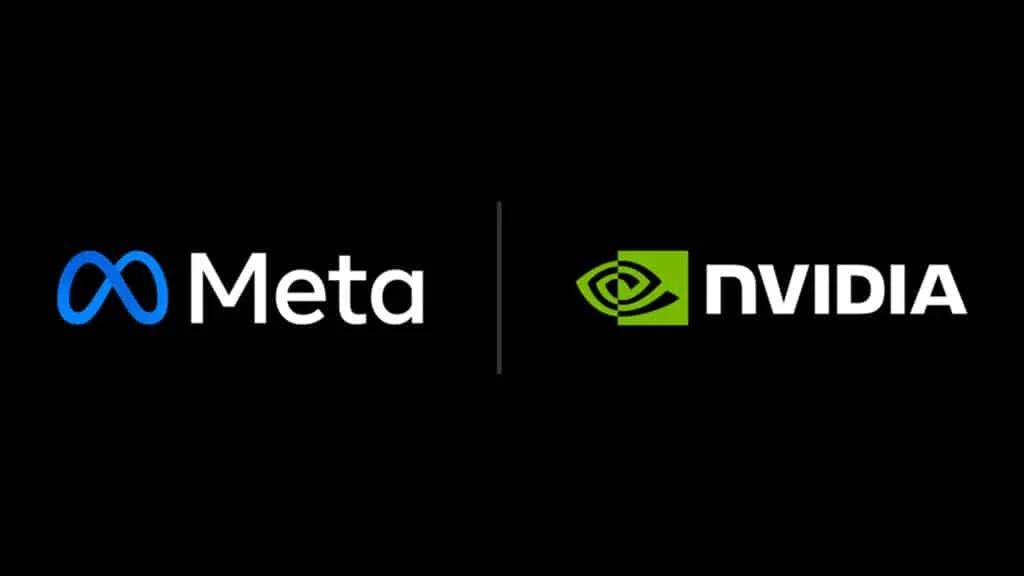The News: Teradata announced first quarter (Q1) 2024 earnings recently. According to Steve McMillan, president and CEO, Teradata has achieved a 36% year-over-year (YoY) growth in public cloud annual recurring revenue (ARR) in constant currency, highlighting its significant role in facilitating complex analytics at scale, especially as businesses increasingly seek to integrate AI for enhanced productivity and innovation. You can read more here.
By the numbers:
- Q1 public cloud ARR of $525 million, an increase of 35% as reported and 36% in constant currency from the prior year period
- Cloud net expansion rate of 123%
- GAAP diluted earnings per share (EPS) was $0.20 versus $0.39 per share
- Non-GAAP diluted EPS was $0.57 versus $0.61 per share
Q1 2024 Earnings: AI and Teradata’s Evolutionary Role
Analyst Take: Artificial intelligence (AI) is reshaping the data landscape, forging new paths for enterprises to harness vast datasets and extract actionable insights. In this transformative era, Teradata, with its longstanding position in the analytics space, emerges as a pivotal player. The company’s rich history in data warehousing and business intelligence has uniquely positioned it to influence the AI-driven market dynamics.
Teradata’s strategic embrace of AI technologies through its Vantage platform epitomizes its commitment to evolution and innovation. Vantage serves as a cornerstone in Teradata’s shift toward a cloud-centric model, integrating analytics, data lakes, and AI capabilities into a seamless, scalable environment. This platform enables customers to execute high-performance analytics at scale, leveraging both machine learning (ML) and AI to drive deeper insights and superior outcomes.
The transition to Vantage also underscores Teradata’s foresight in adapting to market demands for more flexible and robust cloud solutions. By developing a platform that not only supports but also enhances AI functionalities, Teradata is ensuring that its customers can stay ahead in a competitive landscape increasingly dominated by AI and cloud technologies. Vantage’s architecture is designed to handle complex and concurrent analytics on a massive scale, thereby empowering enterprises to operationalize their data assets more effectively and with greater agility.
Teradata’s recent financial performance and strategic metrics offer a clear view of its trajectory and its impact on AI and the broader market. In Q1 2024, Teradata reported a cloud ARR of $525 million, marking a substantial 36% YoY growth in constant currency. This significant increase is a testament to the growing adoption of Vantage and Teradata’s cloud services.
Another noteworthy metric is the cloud net expansion rate, which stood at an impressive 123%. This figure not only indicates customer satisfaction and value realization but also highlights the expanding footprint of Teradata’s cloud offerings within its existing customer base. Approximately 75% of Teradata’s cloud customers are operating in a hybrid environment, leveraging the flexibility and power of Vantage to drive AI and analytics across multiple clouds and on-premises landscapes.
However, it is important to note that although cloud segments flourish, total ARR saw a slight decline due to the ongoing erosion of on-premises revenue, a planned and managed transition as customers migrate to cloud-based solutions. Despite these shifts, Teradata’s strategic focus on cloud and AI offerings is clear, with the company maintaining a robust pipeline that supports sustained growth in these areas.
Looking Ahead: Teradata’s Cloud Pivot and ARR Focus
Teradata’s journey over the next few years is framed by a strategic pivot toward cloud-based solutions and a sustained focus on boosting its ARR. This transition is about not just adopting new technologies but also altering the company’s business model and operational approach to better align with the evolving digital landscape.
The company’s roadmap includes significant investments in AI capabilities, such as the AI Unlimited and ClearScape Analytics, which are designed to enhance the flexibility and efficiency of data management and analysis. These innovations are critical as they enable Teradata to meet the increasing demands for AI-driven insights and solutions across various industries.
Teradata’s commitment to this transformation is also evident in its financial outlook. The company projects a robust growth trajectory for its cloud ARR, aiming to reach at least $1 billion by 2025. This target reflects not only the potential of its cloud and AI solutions but also the strategic emphasis on recurring revenue models that provide more predictability and stability in financial performance.
Moreover, Teradata’s focus on maintaining high margins and free cash flow during this period of transition highlights its operational efficiency and strategic discipline. The management’s approach involves optimizing operating expenses and continuously improving gross margins and profitability, even as it invests aggressively in technology advancements and market expansion.
In conclusion, Teradata’s multi-year strategy to pivot toward the cloud and focus on ARR is a calculated move to position itself as a leader in the AI-driven data landscape. By leveraging its historical strengths in analytics and integrating cutting-edge AI capabilities via the Vantage platform, Teradata is not just adapting to market changes but is actively shaping the future of enterprise data management. As the company continues to evolve, its strategic decisions today will likely define its market position in the coming years, promising a new era of growth and innovation in the AI space.
Disclosure: The Futurum Group is a research and advisory firm that engages or has engaged in research, analysis, and advisory services with many technology companies, including those mentioned in this article. The author does not hold any equity positions with any company mentioned in this article.
Analysis and opinions expressed herein are specific to the analyst individually and data and other information that might have been provided for validation, not those of The Futurum Group as a whole.
Other Insights from The Futurum Group:
Teradata Revenue for Q3 2023 Reaches $438 Million, Up 5% YoY
Teradata AI Unlimited Serverless Analytics Coming to Microsoft Fabric
Teradata’s Q4 and FY 2023 Financial Results
Author Information
Steven engages with the world’s largest technology brands to explore new operating models and how they drive innovation and competitive edge.







